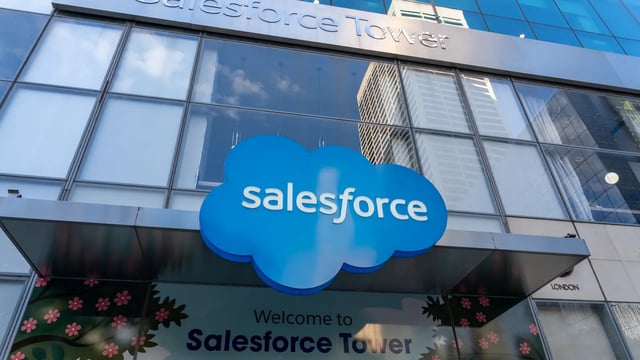Overview
- OpenAI’s GPDval evaluation reports AI “win rates” against human professionals across 44 occupations, with results such as 81% against counter and rental clerks, while noting that task tests do not capture full jobs.
- A Senate HELP Committee report led by Senator Bernie Sanders projects nearly 100 million U.S. jobs could be replaced over the next decade and highlights heavy exposure for fast-food, customer service, accounting and other roles, paired with proposals like a 32-hour workweek and a higher minimum wage.
- Analysts challenge the Senate report’s ChatGPT-assisted methodology, arguing it conflates task automation with whole-job loss and cautioning that sensational estimates risk prompting counterproductive regulation.
- Recent research finds rising workplace use of generative AI but limited displacement so far, with Yale’s Budget Lab seeing no broad labor-market disruption and Indeed estimating about 26% of recent job postings are poised for significant transformation, largely in hybrid human-AI workflows.
- Early effects appear uneven, with studies pointing to greater exposure for entry-level and younger workers, while companies such as Salesforce cite AI in cutting thousands of customer support roles.



